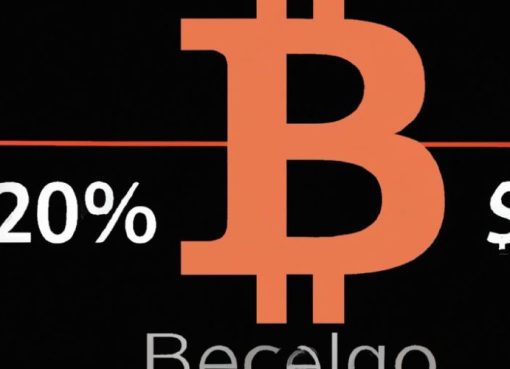In a significant development for the cryptocurrency industry, Binance, one of the world’s largest and most influential cryptocurrency exchanges, has successfully obtained a Digital Asset Service Provider (DASP) license from the French financial regulator, Autorité des marchés financiers (AMF). This pivotal move not only solidifies Binance’s presence in Europe but also represents a milestone in the broader acceptance and regulation of digital assets across the continent.
The AMF’s approval marks Binance’s most substantial regulatory achievement to date and could potentially set a precedent for future licensing efforts in other European countries. By securing this license, Binance can now legally operate and offer its extensive range of crypto-related services, including trading, custody, and asset management, to users based in France.
Strategic Implications of Binance’s New French License
Binance’s successful licensing in France is part of its strategic push to enhance compliance and collaborate with global regulators, an initiative that has gained momentum under the leadership of CEO Changpeng Zhao. This approach not only mitigates the regulatory risks associated with cryptocurrency operations but also enhances the platform’s credibility among institutional and seasoned investors looking for stable and secure crypto services.
The French regulatory framework for cryptocurrencies is known for its rigorous standards, emphasizing anti-money laundering (AML) practices and the protection of customer data and assets. By aligning itself with these requirements, Binance is poised to attract a broader European audience, keen on leveraging cryptocurrencies within a regulated environment. This is especially important at a time when the European Union is actively working on its Markets in Crypto-Assets (MiCA) regulations, which aim to provide a harmonized regulatory environment for crypto-assets within the EU.
Economic and Industry Impact
The granting of the DASP license to Binance is expected to have significant economic implications, both for France and for Europe’s crypto ecosystem at large. It acknowledges the increasing role of digital assets in the global financial system and marks France as a forward-thinking hub for fintech innovation. By facilitating a safe and regulated environment for crypto transactions, France could attract more investments and companies into its burgeoning crypto sector, potentially creating jobs and promoting technological advancements.
Moreover, Binance’s establishment in France could spur competition within the European crypto exchange market, leading to better services and innovations in the industry. This could also influence other countries within the EU to expedite their regulatory frameworks to attract or retain crypto businesses, thereby contributing to the overall growth and maturity of the cryptocurrency market in Europe.
Community and Market Response
The crypto community and market have reacted positively to Binance’s licensing news, viewing it as a testament to the exchange’s commitment to compliance and security. Cryptocurrency analysts believe that this could lead to greater investment flows into Binance and other compliant platforms, as traditional financial institutions and cautious investors may feel more confident in engaging with regulated exchanges.
However, some skeptics express concern about the regulatory tightening, fearing it might stifle innovation and the decentralized ethos of cryptocurrencies. They argue that excessive regulation could hinder the development of new crypto services and solutions, potentially placing Europe at a competitive disadvantage compared to less regulated markets.
Looking Ahead: Binance and the Future of Crypto Regulation in Europe
As Binance embarks on this new chapter in France, all eyes will be on the interaction between large crypto entities and European regulators. The success of Binance’s operations under the French license could encourage other countries to see the benefits of regulating — rather than resisting — the crypto industry. This could lead to a more unified and robust regulatory framework across Europe, benefiting both businesses and consumers by providing clarity and security in the crypto market.
In conclusion, Binance’s licensing in France is a watershed moment for the cryptocurrency industry in Europe. It not only enhances the legitimacy of Binance and the broader crypto market but also sets the stage for what could be a new era of regulated, innovative crypto activities across the European Union. As the landscape continues to evolve, the strategic interplay between innovation and regulation will undoubtedly shape the future trajectory of the global cryptocurrency market.




